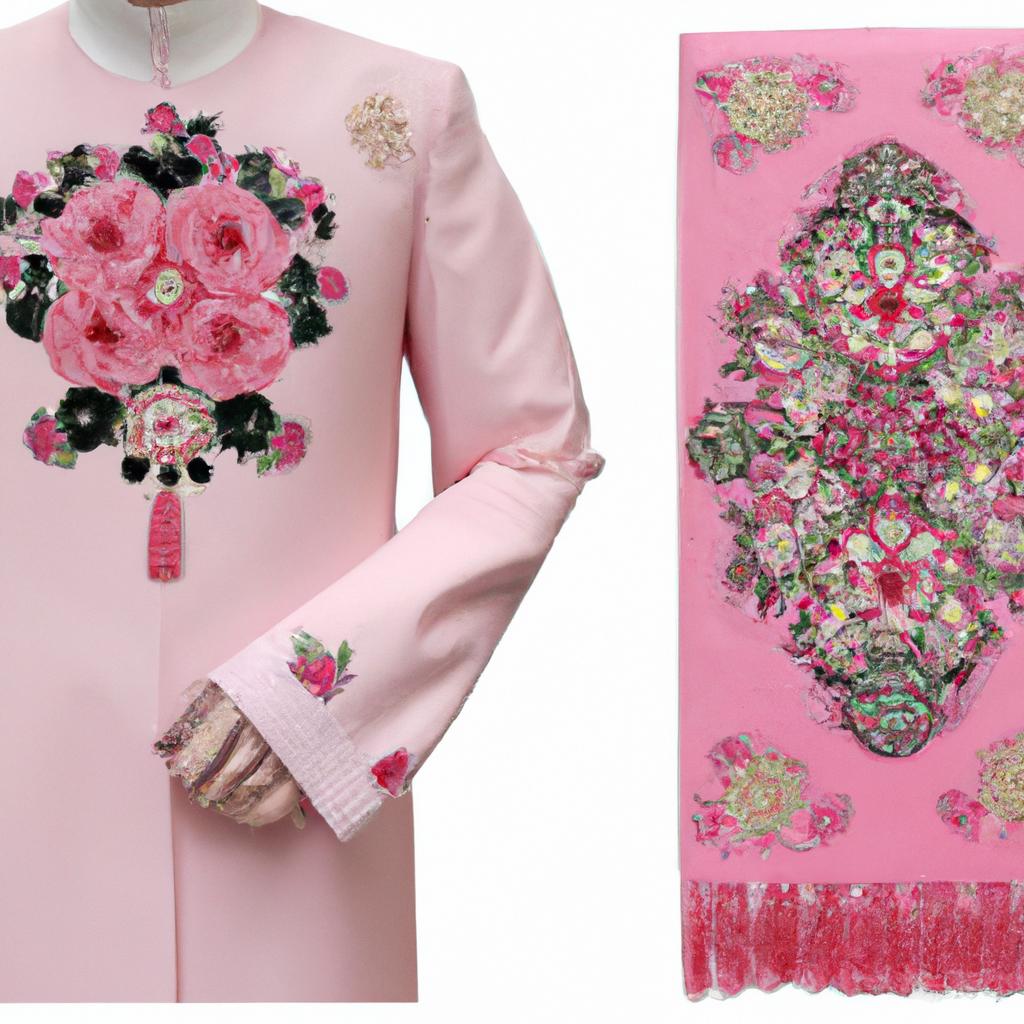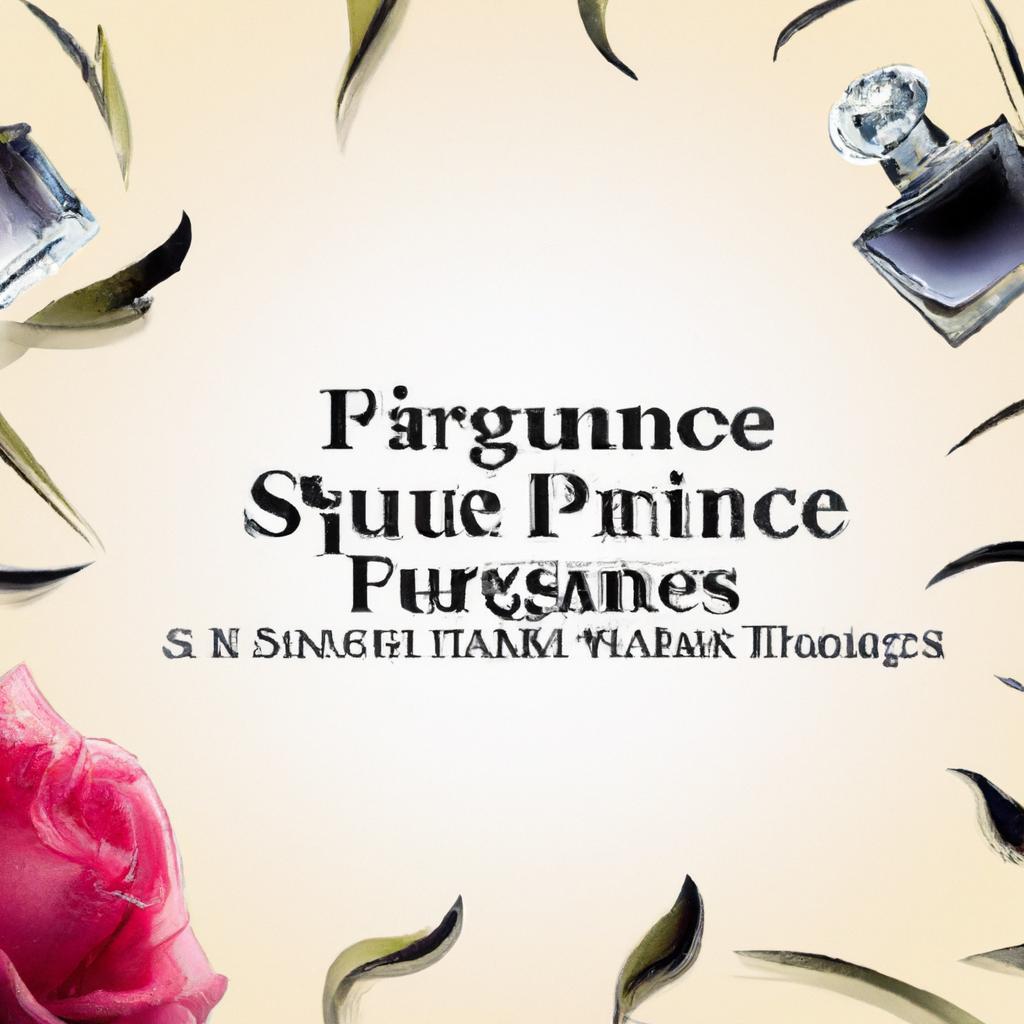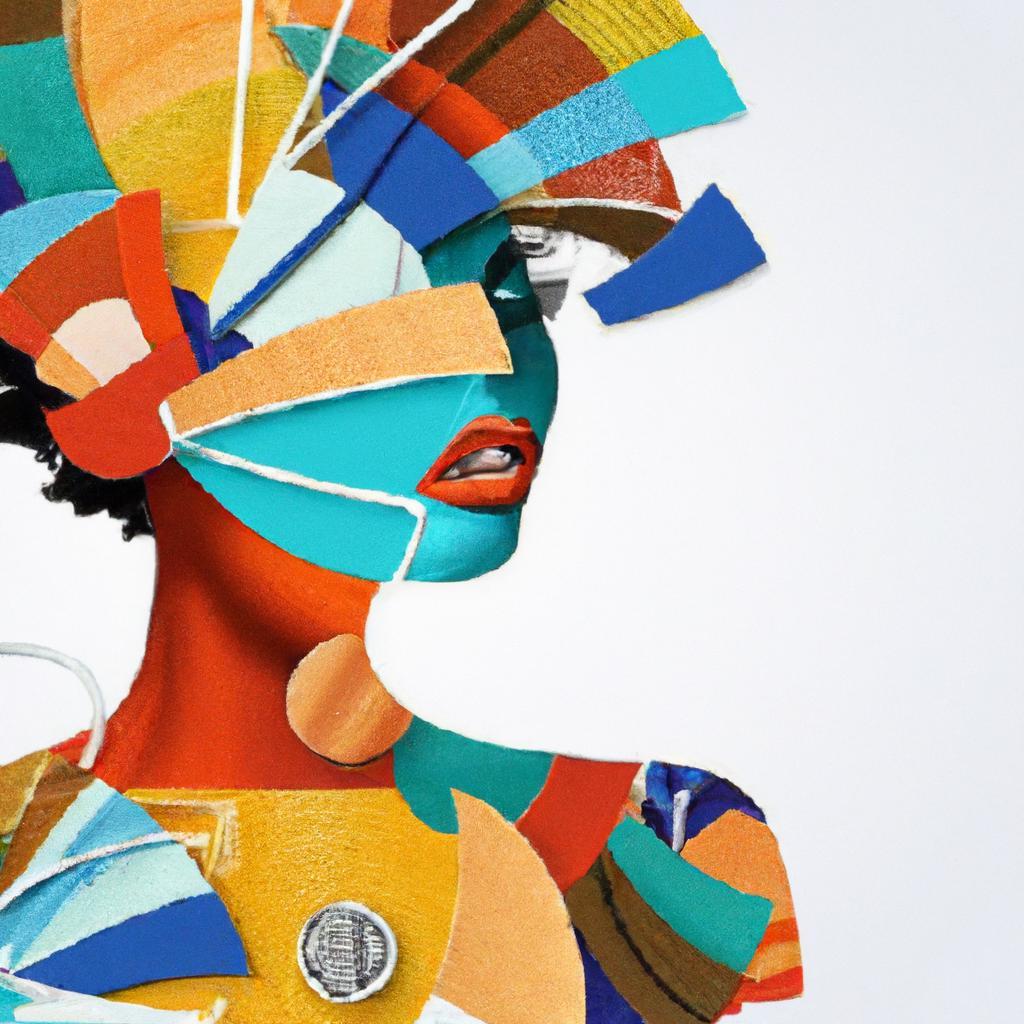In the ever-evolving landscape of fashion, garments and accessories often transcend mere fabric and thread; they embody the stories, dreams, and aspirations of those who create and wear them. Each iconic brand carries a tapestry woven with history, culture, and innovation, reflecting not only trends but the pulse of society in their time. As we delve into the intricate narratives behind renowned names in fashion, we uncover a world where style meets storytelling. From the humble beginnings of visionary designers to the cultural movements that propelled them into the limelight, this exploration invites you to see beyond the seams. Join us as we unveil the rich narratives that shape the identities of these legendary brands, revealing the passions and philosophies that have turned clothing into a compelling art form.
Exploring Heritage: The Cultural Roots of Iconic Fashion Labels
Every stitch, every fabric, and every design embodies a story deeply rooted in culture and history. As we delve into the incredible journey of renowned fashion labels, we uncover a tapestry woven with local traditions, influences from past eras, and the visionary ideas of creative minds. Each brand’s heritage reflects a unique narrative that transcends mere fabric, inviting us to explore the symbiotic relationship between fashion and cultural expression. Notable labels, like Chanel and Gucci, seamlessly merge their rich histories with modern aesthetics, allowing them to resonate with new generations while honoring their legendary roots.
Iconic fashion houses often draw inspiration from their founders’ personal backgrounds, cultural milestones, and socio-political landscapes, resulting in designs that are both timeless and reflective of their epochs. Consider these enduring influences:
- Artistic Movements – Many labels channel the vibrancy of art movements such as Cubism and Surrealism, integrating bold colors and unexpected motifs.
- Historical Events – Fashion has often provided commentary on history, with designs that embody social change or cultural shifts.
- Traditional Craftsmanship – From hand-stitched embellishments to sustainable practices, heritage craftsmanship remains vital to identity in modern collections.
As the fashion industry continues to evolve, understanding these cultural roots becomes essential for appreciating the artistry that defines each collection. A closer look at esteemed brands reveals how they champion various narratives, celebrating not just their own stories but the rich tapestry of cultures they represent.

Timeless Trends: How History Shapes Modern Design Choices
Throughout the ages, fashion has served as a mirror reflecting the socio-political climate and cultural nuances of its time. The **Glamour of the 1920s**, characterized by flapper dresses and bold accessories, stemmed from a revolutionary period of female empowerment and liberation. Modern designers often draw inspiration from such historical epochs, incorporating elements like **sharp silhouettes**, **vibrant patterns**, and **artistic embellishments** in their collections. This conversation between the past and the present allows fashion enthusiasts to not only appreciate aesthetics but also to engage in a richer narrative that transcends mere trends.
The revival of vintage styles in contemporary fashion is also evident in the resurgence of brands that pay homage to their storied legacies. For instance, the **Classic Denim**, once worn by miners and rebels alike, has transcended its utilitarian roots to become a staple in high-fashion runways. Additionally, many contemporary brands leverage historical fabrics and techniques—such as **sustainable weaving methods** and **artisan craftsmanship**—that elevate their designs beyond seasonal sales. This practice not only honors tradition but also encourages a more thoughtful approach to consumption as today’s design choices emphasize quality and narrative as well as aesthetic appeal.

Sustainability in Style: The Evolving Story of Ethical Fashion Practices
In recent years, the fashion industry has embraced a paradigm shift towards **sustainability**, reflecting a growing awareness of environmental and ethical considerations. Brands that once focused solely on trends are now weaving narratives that emphasize transparency and social responsibility. This evolution has introduced a slew of innovative practices that not only prioritize the planet but also elevate the meaning of style.
- Eco-friendly materials: From organic cotton to recycled plastics, the choice of materials is crucial in minimizing ecological footprints.
- Fair labor practices: Ethical brands ensure fair wages and safe working conditions for all workers involved in the production process.
- Slow fashion movement: A counter to fast fashion, promoting quality and longevity over quantity, encouraging consumers to invest in timeless pieces.
As consumers become more discerning about their choices, brands are adapting by highlighting their ethical commitments. The adoption of circular fashion models—wherein products are designed for longevity, and end-of-life recycling is prioritized—becomes integral to this narrative. Furthermore, collaborations with artisans and local communities not only celebrate craftsmanship but also provide economic opportunities in underserved regions.
| Brand | Notable Initiative |
|---|---|
| Patagonia | Worn Wear Program |
| Eileen Fisher | Renew Program |
| Reformation | Sustainable materials sourcing |
In Conclusion
As we conclude our exploration of the intricate tapestry woven by fashion’s most iconic brands, it’s clear that these labels are more than mere purveyors of style—they are storytellers, each thread of fabric infused with history, culture, and vision. The narratives behind these esteemed houses are not only essential to understanding their creations but also serve as a reflection of societal shifts and enduring human creativity. From the bustling streets of Paris to the vibrant markets of Marrakech, every piece tells a story waiting to be uncovered.
As consumers, we hold the power to appreciate not just the aesthetic allure of these brands but also the legacies they represent. By delving deeper into their histories, we enrich our own experiences with fashion, transforming our choices into informed expressions of identity and homage to the artistry that surrounds us.
So next time you slip into that favorite garment or admire a striking accessory, remember the rich tales that lie behind them. Fashion, with all its glitz and glamour, beckons us to look beyond the surface, inviting us to partake in its ongoing narrative—one that continues to evolve and inspire. As the world of fashion unfolds, let’s remain curious, thoughtful, and attuned to the stories that shape our sartorial journey.


















Add Comment